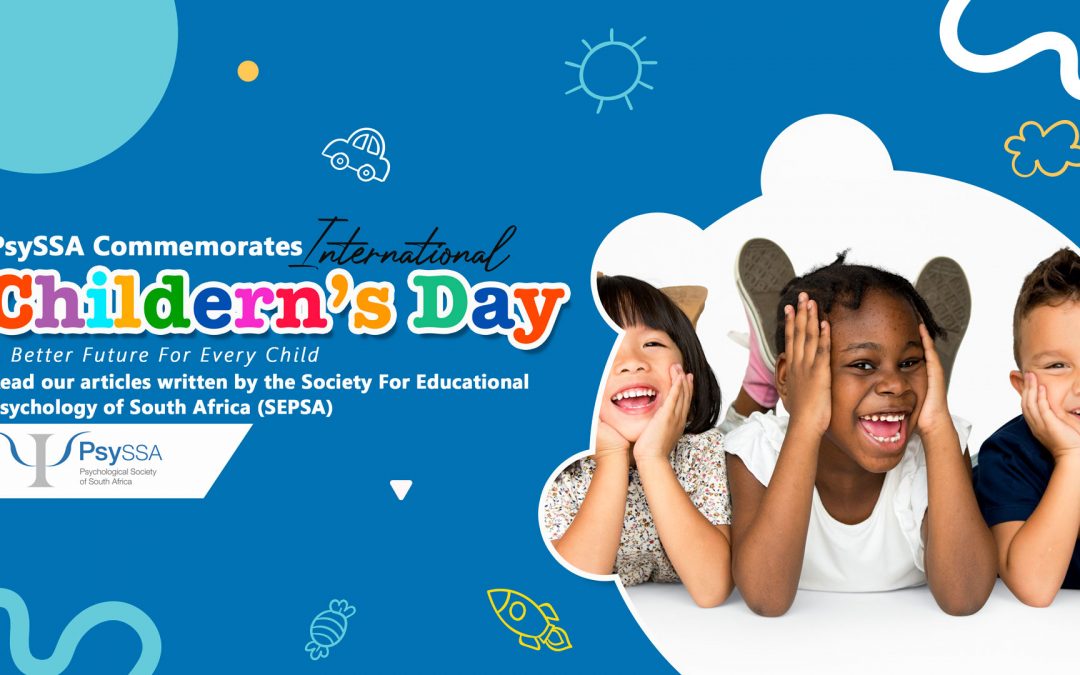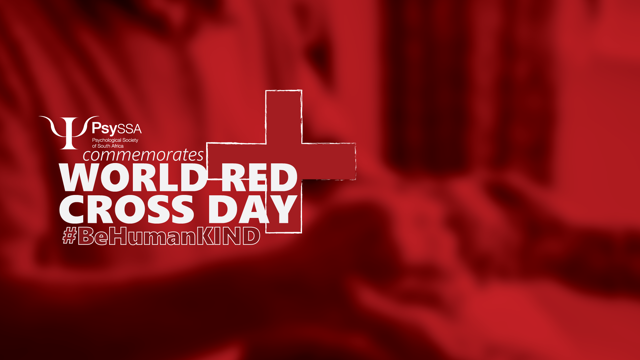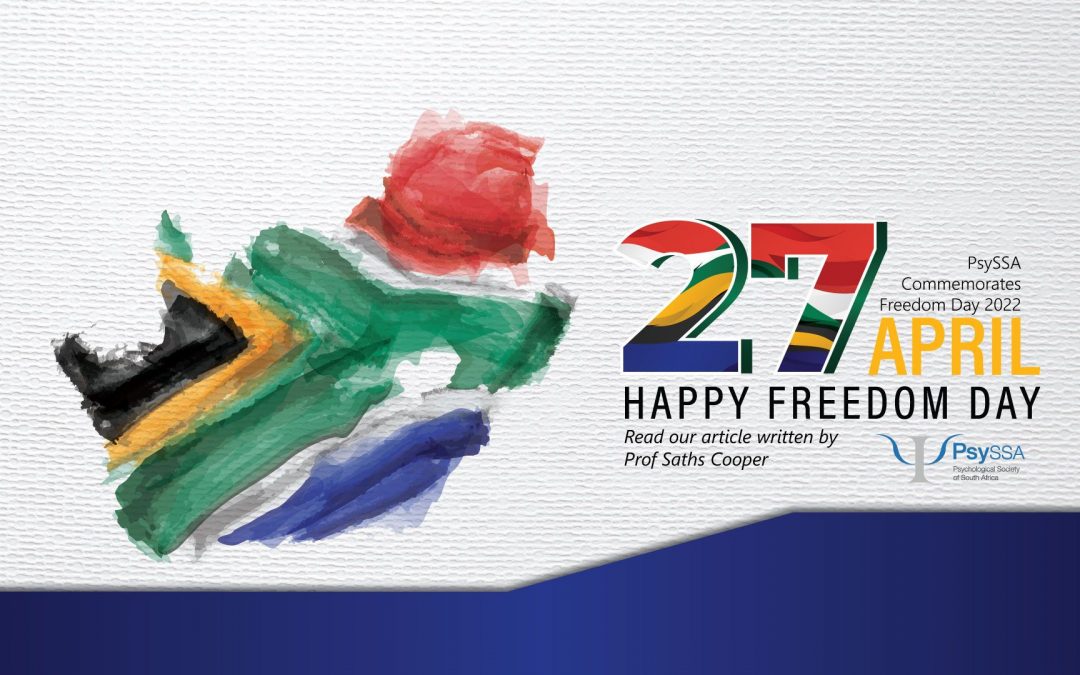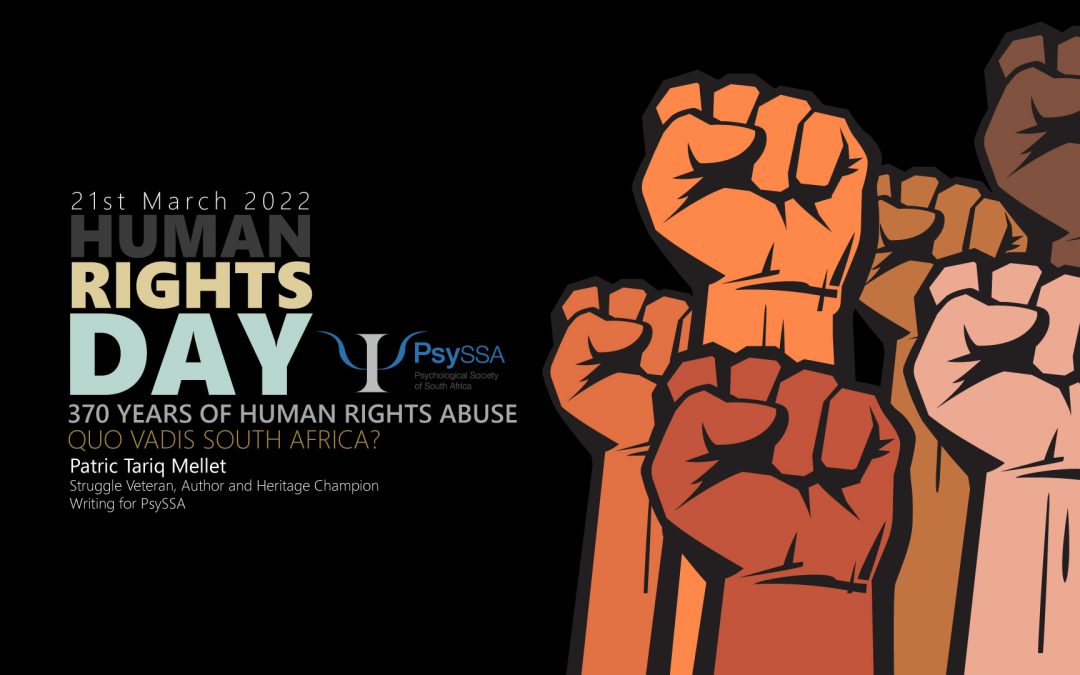
PsySSA Commemorates International Children’s Day 2022
International Children’s Day is celebrated on June 1 of each year. In 1925 the World Conference for the Well-being of Children declared June 1 as the day to focus the world’s attention on issues affecting children. The Conference adopted the Geneva Declaration of the Rights of the Child.
Much of the legislated inequalities and discrimination of the Apartheid regime were removed when South Africa became a democratic country under president Nelson Mandela in 1994. Mandela is fondly remembered for his love of children. Birthdays were a special occasion where he could be seen smiling, surrounded by a crowd of excited children. Those occasions no doubt made his Day.
Under the leadership of Nelson Mandela, discriminatory practices against children based on race were removed. Today we have Section 28 of the Bill of Rights which ensures that each child has the right to:
• A name and a nationality. Family care or parental care, or to appropriate alternative care when removed from the family environment.
• Basic nutrition, shelter, basic health care and social services.
• Be protected from maltreatment, neglect, abuse or degradation.
• Be protected from exploitative labour practices.
• Not to perform work or provide services that are inappropriate for that child’s age or risk the child’s well-being, education, physical or mental health or spiritual, moral or social development.
• Not to be detained except as a measure of last resort and may be detained for the shortest period of time, and to be kept separately from adults.
• Be treated in a manner, and kept in conditions that considers the child’s age and have a legal practitioner assigned by the state.
• Not to be used in armed conflict, and to be protected in times of armed conflict.
Although we are guided by the Bill of Rights, we still have violation of these rights by adults. These include use of child labour, violence against children, child customary marriages, parents denying their children the right to education, food and shelter.
Let this International Children’s Day be a day of re-dedication where each of us can work towards protecting and caring for our children, who are the future of our country.
Author:
Dr Guru Kistnasamy
To whom it may concern!
Hear our voices
We depend on you
We are the future and the future starts small Consider our feelings, reach out to us
You are our hope and we will be your hope to Wash our hands and we will wash yours to Help us and we will help you too
Love us and we will love you too
Who am I?
I am a child – a little flower
I am a precious smile
By Nsuku Valentine Shivambu, a 17-year-old child rights activist from Alexandra Township, Johannesburg. https://www.savethechildren.org.za/news-and-events/blogs/covid-19-access-to-educationhttps
Every year, International Children’s Day is celebrated on 1 June. The origin of this holiday dates back to the 1925 World Conference for the Well-being of Children. After this date, countries across the world recognised children’s rights to affection, right to adequate food, right to medical care, right to education, and right to protection against all forms of exploitation, neglect, abuse, and right to grow up in a climate of peace and community spirit of Ubuntu.
Children and youth are considered to be a blessing and should be encouraged to flourish and their voices heard. According to our Constitution this includes decision-making, on all matters that affect them, including education, social issues, and mental health.
In a country still recovering from inequalities in the education system, from availability of smart-cellphones, data, and other gadgets or access to textbooks to self-educate to access to clean and/or running water and electricity, there is a need for parents, caregivers, medical and mental health professionals, government leaders and civil society activists, religious and community elders, corporate companies and media professionals and young people and children themselves to play a pivotal part in making International Children’s Day an inspirational entry-point for advocating, promoting, and celebrating children’s rights. In this way, translating dialogues into actions that fosters a better world for children their families, communities, and nations across the world.
Author:
Dr Diana De Sousa





